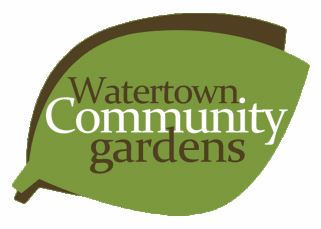Ecological gardening / Native Plants
Native plants which evolved in a particular area provide more benefits to wildlife than non-native plants. Many insects and animals have specialized relationships with specific types of plants. Monarch butterflies' caterpillars eating only leaves from milkweed plants is one example out of thousands. By planting a diverse range of native plants, and using ecological gardening/landscaping practices, you can create Habitat in your own yard or urban environment.
Places to buy native plants
-
Blue Stem Natives (Norwell, MA)
-
Native Plant Trust (Framingham, MA)
-
Russell's Garden Center (Wayland, MA)
-
The Monarch Gardener (Ipswich, MA)
-
Lady Fern Farm (Central MA)
-
City Natives (Mattapan, MA)
How do I add native plants to my garden?
-
Native Plants for the Small Yard: Easy, Beautiful Home Gardens that Support the Local Ecology (Ecological Landscaping Alliance)
-
Balcony gardens – Natives in pots for urbanites and people on the move (Wild Seed Project)
-
Attracting Pollinators to the Garden (Ohio State University Extension)
-
Caterpillars, Butterflies and Bees - Keystone Plants and Soft Landings (Pollinator Pathway)
-
Belmont native plant seed library at Belmont Public
Watch or listen online
Tools
Where can I see native plants in the wild?
-
Garden in the Woods - Native Plant Trust (Framingham, MA)
-
Nasami Farm - Native Plant Trust (Whately, MA)
-
Mass Audubon Sanctuaries (Throughout Massachusetts)
Local organizations
-
Ecological Landscaping Alliance (New England)
-
Friends of Bees: Working Group of Watertown Citizens for Peace, Justice, and the Environment (Watertown, MA)
Grow Native Massachusetts is based in Waltham and has a plant sale in the spring, usually June. Their website is also full of information
National organizations
-
Pollinator Pathways - Public and private pesticide-free corridors of native plants that provide nutrition and habitat for pollinating insects and birds. Even the smallest green spaces, like flower boxes and curb strips, can be part of a pathway.
